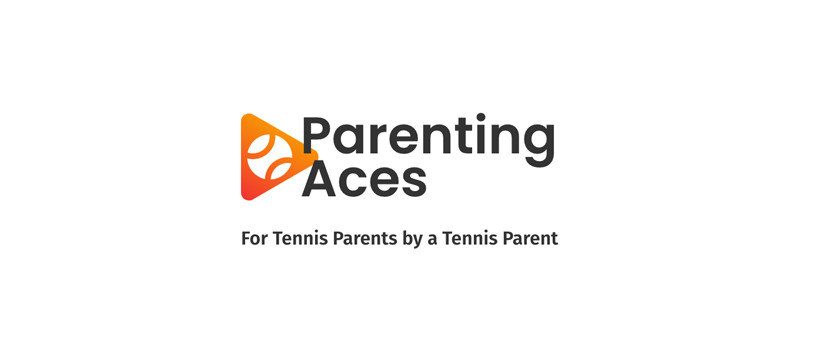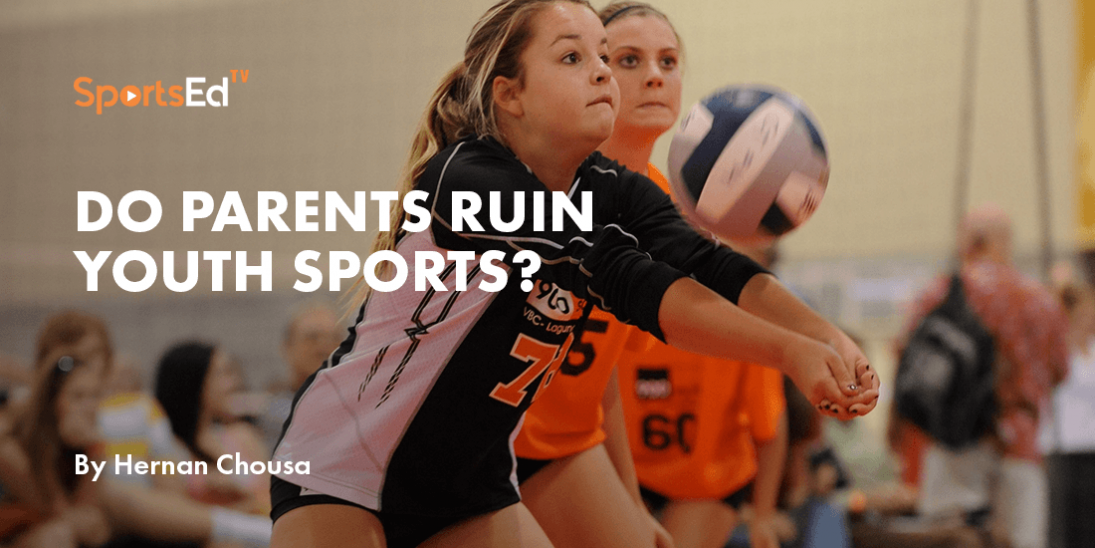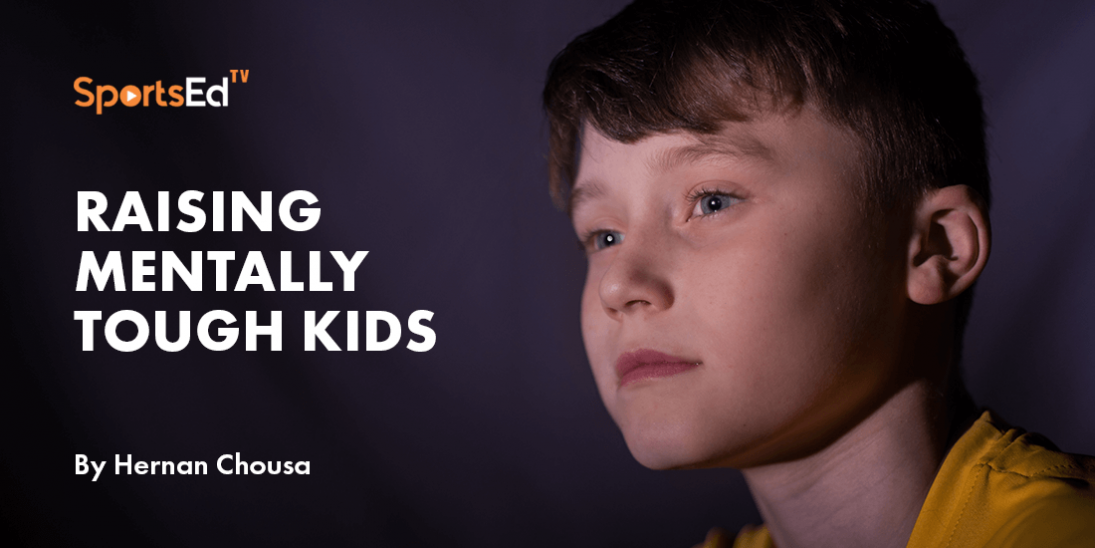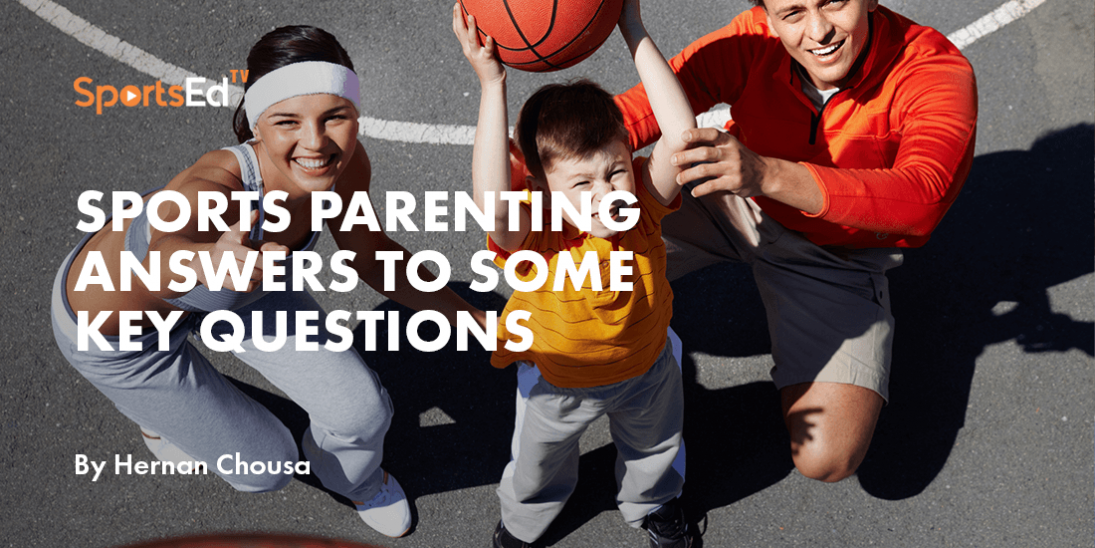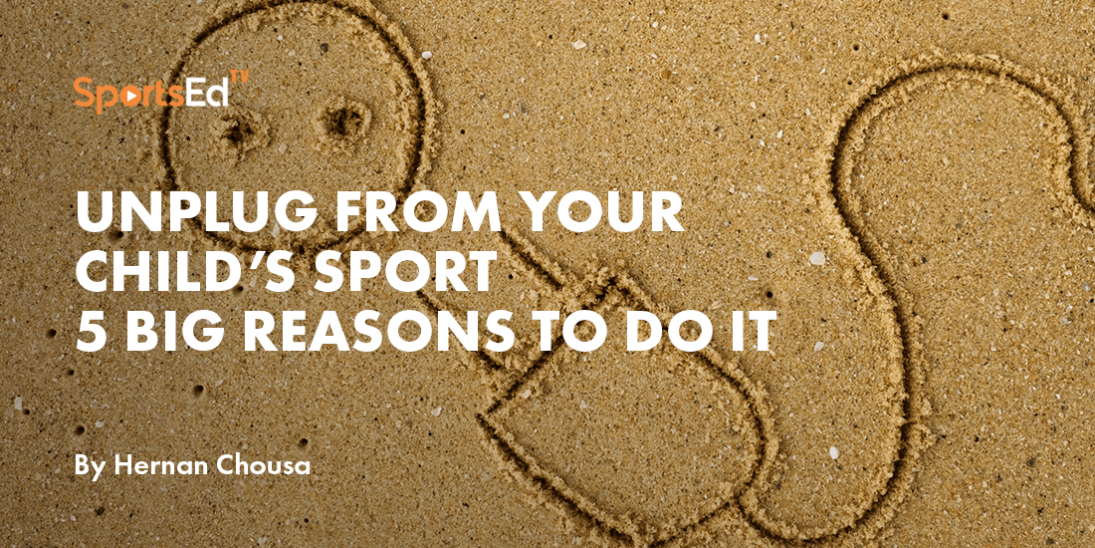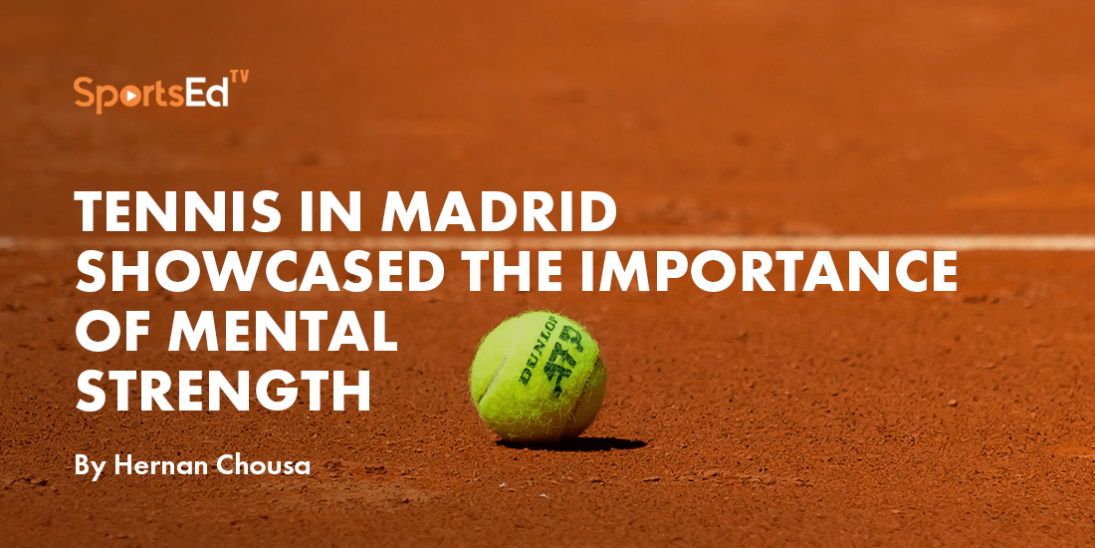Sports Parenting, Tennis
Welcome and thanks for visiting...

Mastering the Game of Tennis Parenting: An Interview with Lisa Stone of ParentingAces
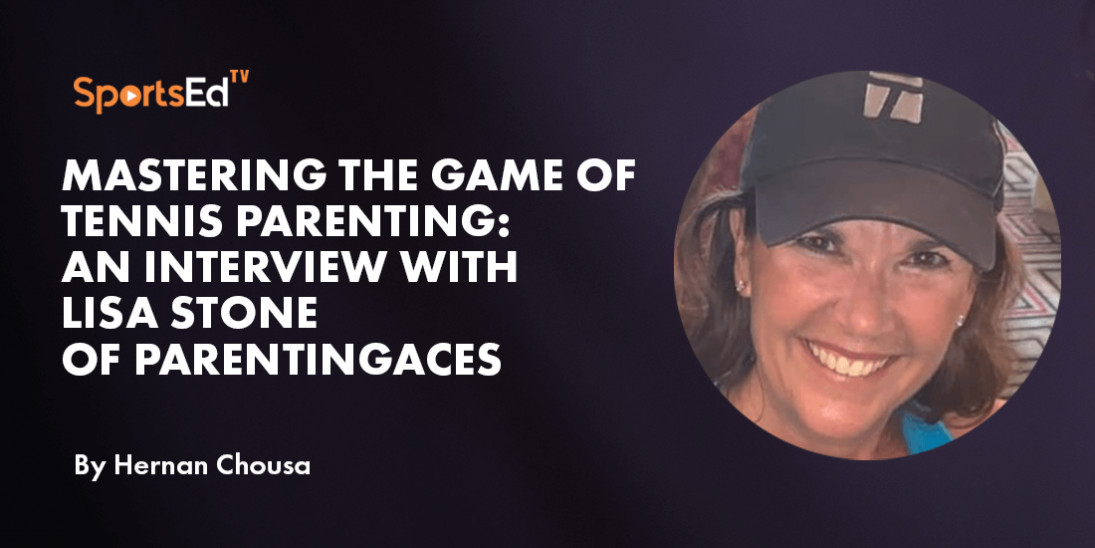
The SportsEdTV sports parenting section is enriched with valuable content from various contributors. In this interview, Lisa Stone, a renowned expert in sports parenting, shares her inspiring journey in tennis parenting and the success of ParentingAces.com. With a dedicated focus on helping fellow parents, Lisa's podcast has thrived for over 12 years. She highlights the importance of honing interview skills, asking open-ended questions, and establishing a strong network.
Lisa, your exceptional work in sports parenting, particularly tennis, has not gone unnoticed. Could you share the story behind your venture and what inspired you to focus on this area?
I grew up playing competitive junior tennis. However, by the time my youngest child entered the tournament arena, things were very different and his goals were very different. I needed guidance which I was unable to find from our governing body or my son's coaches. I took to Facebook and a specific Facebook group made up of former junior tennis champions and started gathering invaluable information. One of the group members suggested I put all that information on a website to help other tennis parents in the same situation. ParentingAces.com was born! As my son moved through Junior Tennis into College Tennis, the topics I covered expanded and changed, but I always tried to keep in mind those parents just entering this world of competitive tennis and the questions that might arise for them. Once my son "retired" from tennis altogether, I considered giving up ParentingAces, but something keeps pulling me back to wanting to help other families and grow the game. It's a passion project, for sure.
Running a podcast requires great dedication, and you have demonstrated remarkable consistency. Can you provide some insights into the secrets of maintaining performance and any essential skills one needs to run a podcast successfully?
I stumbled into the podcasting world quite by accident but have really enjoyed meeting so many interesting guests over the past 12 years. When I first started, my interview skills left much to be desired, for sure. I found that I was speaking way too much, cutting off my guests in the middle of their responses, and not giving them the time they deserved. I've tried to improve the wording of my questions, keeping them open-ended, to entice my guests to speak freely and share their knowledge and experience so my audience learns at least one new thing each episode. In terms of essential skills, a good speaking voice with clear enunciation is crucial. Building a strong network of people in your chosen area of specialty is also very important so you have a steady stream of interesting guests (if that's the format of your podcast). For me, releasing a new episode each week throughout the year and then closing my season the week before our Thanksgiving holiday keeps me on track and also gives me a nice break for a few weeks before gearing up for my next season of episodes. Basic editing skills help but aren't necessarily essential depending on the production quality you're after. My audience has come to expect less-than-perfect audio and video with the occasional dog bark thrown in for good measure!
I recently listened to your interview with Rick Macci, a legendary coach who has significantly impacted the game. Could you tell us about that interview, the valuable insights you gained, and your experience of having such an iconic figure on the Parenting Aces Podcast?
Having Rick on the podcast, especially so soon after the success of KING RICHARD, was amazing! I was very careful to ask open-ended questions and then to let Rick talk as much as he wanted – it's not often that you get a coach with his level of experience on the other side of the mic! To hear him talk about using the same basic drills, focusing on the same basic skill development, and emphasizing long-term growth over short-term results just reinforced the messages that I try to share with my audience week in and week out. Rick has such a sane approach to the game – no fuss, no muss – just hard work on a daily basis. It's so simple yet so difficult to achieve!
Given your experience in youth sports parenting and your firsthand exposure to junior tennis tournaments, what are the three most common mistakes you observe in this field?
I'm assuming you mean mistakes from the parenting side, so I'll go with that!
- Making tennis into a "we" thing. This is your child's pursuit, not yours. You are there to support them and guide them, but they are the one who has to do the work. Please stop saying things like "We played this tournament" or "We lost in the first round"!
- Neglecting to hold your child accountable. In most cases, your child did NOT lose the match because the opponent made bad calls or the balls bounced funny or the official wasn't paying attention. We need to teach our kids to respect the game, respect every opponent, and respect the adults facilitating their opportunities to train and compete. When your child takes a lesson or does group drills, make sure they thank the coach(es) at the end. When your child plays a tournament, make sure they thank the tournament organizers and officials. Playing tennis at a competitive level is a privilege.
- Focusing on the wrong thing. Ratings and rankings are just numbers that are constantly in flux. Choosing tournaments based on the ratings/rankings of the other competitors in hopes of improving your child's number is a short-term outlook that can impede your child's ability to reach their full potential. Instead, focus on intensity level, sportsmanship, respect, willingness to put in the hard work, and finding joy in the competition – these are the things that will serve your child long after their competitive tennis years are behind them.
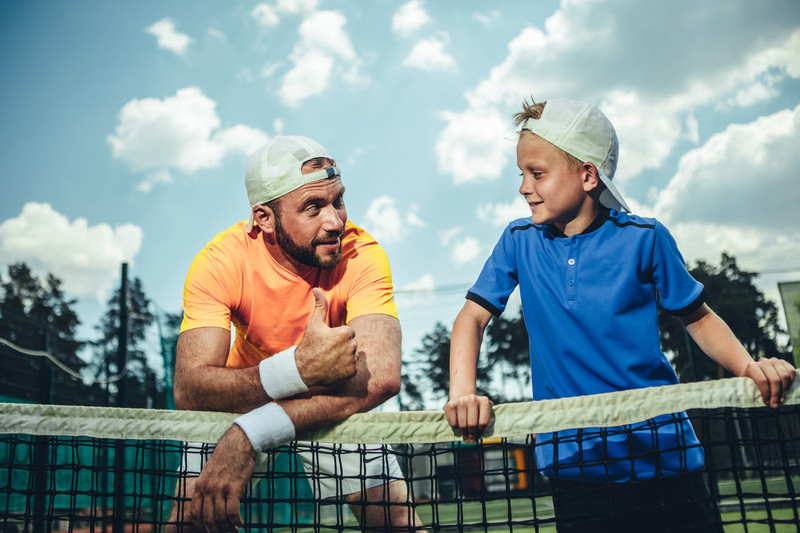
If you were given the authority to make decisions regarding youth sports parenting, whether it be within the USTA or another public institution, what three actions would you implement to bring about positive change?
- Mandatory parent education before a child enters their first tournament. The education would include sportsmanship on both the player and parent side, understanding progression through the various tournament levels, the difference between focusing on results vs development, proper fitness/nutrition/sleep for young athletes, the difference in the roles of the parent and the coach, and the specifics of signing up for a tournament and how to prepare for matches including what to pack in the racquet bag and how to recover after play.
- Taking swift action when a parent behaves poorly at a tournament could include banning that parent from future events.
- Limiting access to rating/ranking information so that it's not constantly in players' and parents' faces.
.jpg)
I understand you attended the US Open last year. Can you share your experience and provide insights into your perspective of American junior tennis?
I haven't attended the US Open since 2019, but I always love watching the junior competition there and thinking about who might be the next big star on the pro tour! We've been hearing negative talk about American tennis for so long now, but I think we're doing okay. We have so much incredible young talent competing in the national and international arena, with our pro players doing quite well, too. Yes, it would be great to have more US major winners, but tennis is a global sport with hundreds of hard-working players striving to win each week. We are lucky to have the US college system as a viable pathway for our players, and we're seeing more and more former collegians having success as pros.
Your podcast has been live for several years, featuring top coaches, former players, and juniors as guests. What are your thoughts on the future of tennis? Where do you see the sport heading in the coming years?
I hope tennis continues to grow and become more visible to fans. With the popularity of other racquet sports, it's becoming a bit of a challenge for tennis to find its base, but with entities such as Cracked Racquets out there promoting the sport at every level, I think we're in great hands. We need to continue to reach a younger audience, and having younger on-air personalities will help with that. Streaming services open up the way for the Cracked Racquets of the world to access larger and larger audiences with minimal budgets which is a huge plus in my opinion.
Thank you, Hernan, for this opportunity to talk about tennis and share our platform with your audience!
Thank you, Lisa, for your incredible contribution to the field of youth sports parenting! Your insights and dedication have made a significant impact, providing invaluable guidance and support to countless parents. Your passion and expertise are truly inspiring.
Bio
Lisa Stone is the creator of ParentingAces, a podcast and digital platform for junior and college tennis parents and coaches. A graduate of UCLA, Lisa Stone is a Mom who also happens to be a Tennis Mom. As the former Chair of the Georgia Governor’s Commission on Physical Fitness &; Camp; Sports and President of Fit For 2, Inc., Stone has been involved in the fitness and sports arena for over 25 years and is the recipient of the 2019 USTA Georgia Marc Kaplan Media Excellence Award.
Stone has played tennis her entire life, though never at the level her youngest child reached. Through ParentingAces.com and the ParentingAces Podcast, as well as multiple social media platforms, Stone shares what she’s learned about navigating the Junior Tennis Journey and College Recruiting with other parents and coaches who are hungry for her insights and knowledge. She has given Tennis Parents a true voice. Lisa Stone is available for speaking engagements, tournament consulting, and college recruiting guidance. You can reach her via email at lisa@parentingaces.com.


